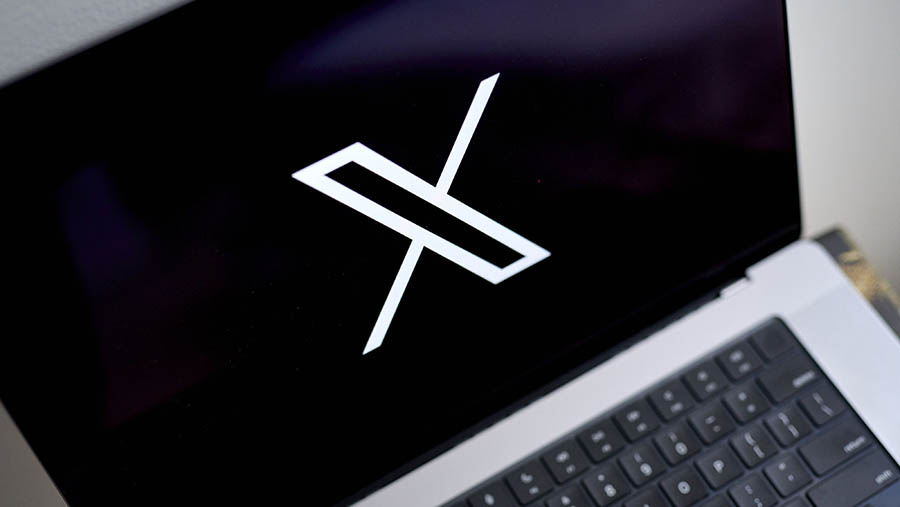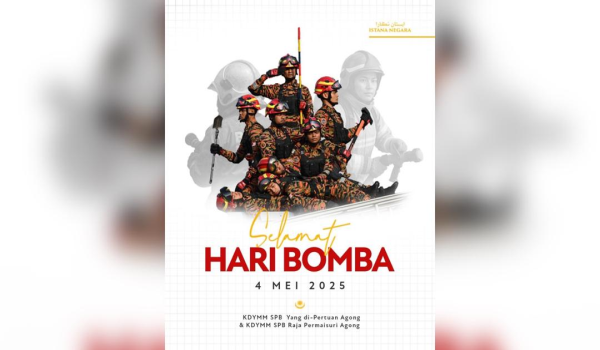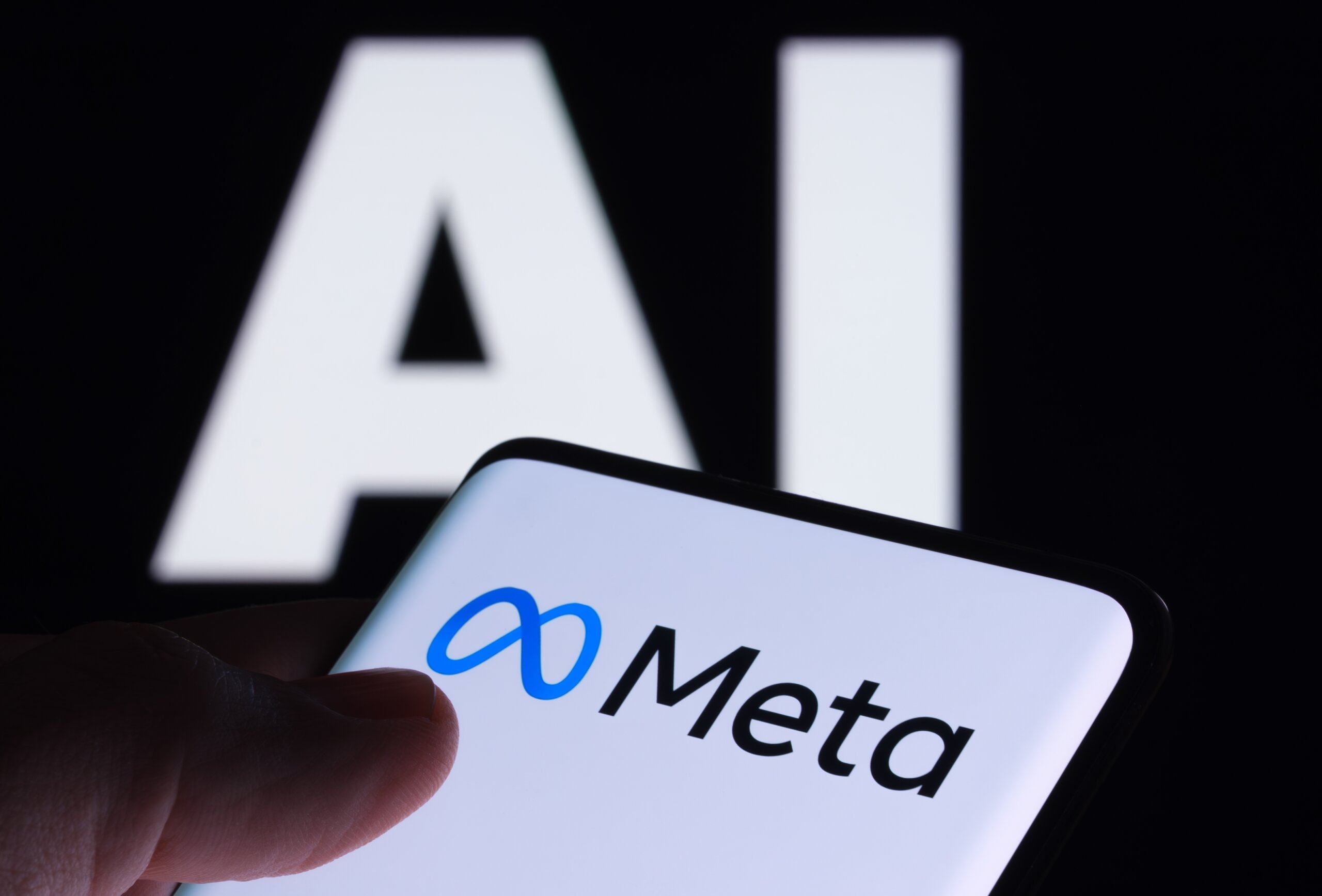The city of Buenos Aires, capital of Argentina, is pioneering the integration of blockchain technology and zero-knowledge cryptography into its digital infrastructure. This strategic move aims to revolutionize how citizens interact with government services by introducing a secure, blockchain-based digital identity system.
On October 21, the Buenos Aires government announced the successful incorporation of the QuarkID solution into its miBA digital platform, which serves as the central portal for accessing various government documents and services. Since the integration commenced on October 1, approximately 3.6 million active miBA users have been assigned decentralized digital identities (DIDs), thereby enhancing the privacy and control individuals have over their personal data.
Technical Foundation
QuarkID, developed by Web3 company Extrimian, utilizes ZKsync Era, an Ethereum scaling protocol that employs zero-knowledge rollups to ensure data security and efficiency. This advanced cryptographic technology provides a robust foundation for secure digital transactions and data management within the city’s administrative framework.
The introduction of blockchain-based identities marks a significant step forward in digital governance. Previously, in September 2023, Buenos Aires began issuing blockchain-stored birth and marriage certificates, and it plans to extend this to other critical documents such as proof of income and academic records. This shift not only streamlines administrative processes but also significantly reduces the potential for fraud and data tampering.
Vision for the Future
Diego Fernández, the Secretary of Innovation and Digital Transformation of Buenos Aires, emphasized the broader implications of this initiative. According to Fernández, blockchain technology is set to transform public administration beyond financial applications, empowering citizens by giving them control over their personal information. This approach positions Buenos Aires as a leader in adopting technology that champions privacy, security, and user empowerment in digital identity management.
Complementing its technological advancements, Buenos Aires has also integrated Ethereum and blockchain education into its high school curriculum. Starting in August, selected students have had the opportunity to learn Solidity, the programming language for developing decentralized applications on the Ethereum platform. This educational initiative aims to equip the next generation with the skills necessary for thriving in a digitally-driven economy.
While the transition to a blockchain-based system presents numerous advantages, it also poses challenges such as ensuring widespread technological literacy and addressing any resistance to new systems of data management. However, the proactive approach of Buenos Aires in offering comprehensive support and education about these new technologies mitigates these challenges and sets a replicable model for other cities.
Buenos Aires’ bold move to deploy blockchain technology for digital identity management is a significant development in the intersection of technology and public administration. By prioritizing security, privacy, and efficiency, Buenos Aires not only enhances the functionality of its governmental services but also establishes a new standard in digital citizenship. This initiative is a testament to the potential of blockchain technology to enhance civic engagement and streamline governmental processes on a large scale.










